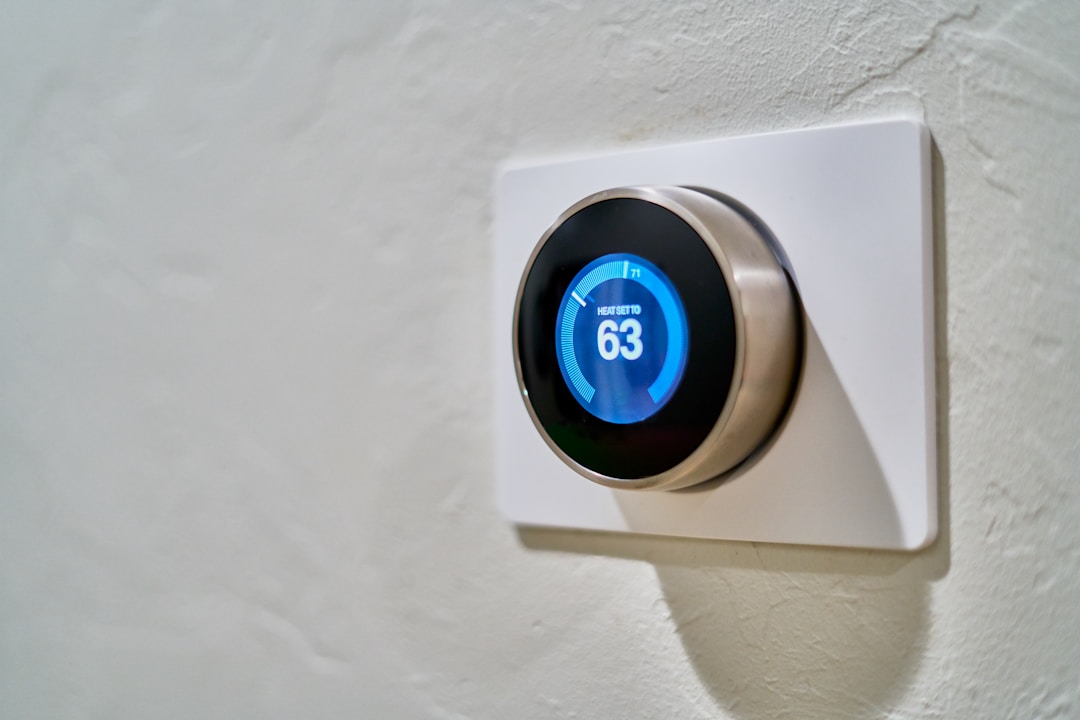As a small business owner, it’s easy to focus on budgeting the most important elements of client outreach and attaining new customers. However, whether you’re working out of your home or have a traditional brick-and-mortar location, routine expenses always factor into your utility bills. Aside from the electricity to run every piece of equipment, even a moderate-sized staff will use energy, power, and require a properly functioning air system (both HVAC and heating). Here, we’ll look at a few great ways to budget for your business utility expenses and energy usage, no matter the size of your company or staff.
Business Utilities to Consider

The most important elements that a successful business needs to consider for their energy bills come down to three primary components: electricity, water, and the location’s interior temperature setting. Every business owner should factor those items into the preliminary business plan and budget, and moving forward, keep an eye on them with each monthly energy bill. As a rule of thumb, it’s not all that different home being a homeowner when it comes to usage; your employees will be needing the same utilities as family members, but perhaps with even greater volume.
A business owner’s electricity usage is, perhaps, the biggest expense, like every other utility and piece of equipment for communication is dependent upon it: computers, routers, hardware, manufacturing machinery, and even the water and air conditioner and heating system. For budgetary reasons, this should be at the top of the list. However, in order of maximum usage, the air system will most likely run the most. For this reason, you should consider your budget when choosing a thermostat.
Of course, the bathrooms and any possible employee “break room” or kitchen area will need clean, running water. It certainly pays to communicate with your utility company and inquire about fixed rates for businesses, as well as your financial adviser for insights on how to keep these expenses in check.
Everyday Solutions and Tips

When contemplating new ways on how to grow your business, keeping the homeowner analogy in mind can be a helpful idea. With your business’ utilities, there may be some equipment that runs constantly, such as the routers and HVAC. However, it’s always best to remind employees to conserve energy whenever possible by switching off the computers, lights, and any other unneeded accessories at the end of the business day.
As far as the HVAC and heating systems go, there are numerous new products for a business owner to integrate for lowering an energy bill. For example, a “smart thermostat,” which can adjust itself according to preset preferences, can instantly help you monitor the temperature of your workspace via mobile device alerts. If you’re concerned with the humidity and ventilation of your business, the best smart thermostats offer functionality for the admin to keep an eye on those elements as well, even allowing you to control the air conditioner and heating system with a mobile app. A major benefit of this technology over an old thermostat is the ease of installation, as well as the effortless controls for a comfortable temperature.
Of course, much like controlling your home’s temperature, swapping out the air filters regularly and cleaning the ductwork will lower energy costs, along with making your office more energy efficient and improving the air quality for all your staff. A new thermostat with remote access also saves a bundle on replacing your current system with an entirely new setup.
Another good idea for keeping your energy costs low, regardless of using a home office for remote working or actual office space, is monitoring the water usage. While there is no proper way of limiting bathroom use, supplying your staff with the services of a water delivery company can be an easy way to cut costs. This will drastically limit constant tap water use, even if it’s filtered, and will allow you to keep an eye on the amount of water consumed on a monthly basis. If your business goals include employee morale, water delivery is also an effective way to demonstrate your concern for the team’s health and well-being, while also saving you a lot of money on the water utility portion of your energy bill. Ultimately, these tips can have great financial benefits to your company’s bottom line.

